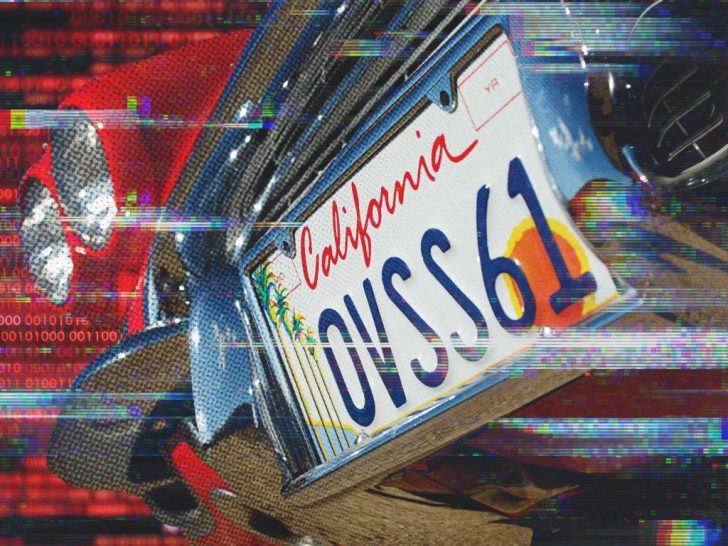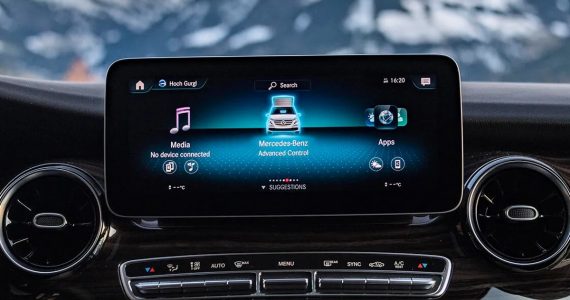Digital license plates are catching on, marketed as the future of vehicle registration. They are sleek, futuristic, and undeniably convenient. But here is the kicker: Research now shows they are not as safe as you might think.
A recent discovery exposes a major flaw in these plates, putting drivers and the public at risk in ways you wouldn’t expect.
What are Digital License Plates?
Digital license plates replace traditional metal plates with an electronic screen that displays your vehicle registration number. Unlike old-fashioned plates, these digital alternatives are customizable. You can add novelty messages or alerts, like indicating a stolen vehicle. Sounds cool, right? But there is a darker side.

However, a security researcher recently revealed just how vulnerable they are to being hacked. If you thought your car was safe because it was locked, think again. These plates open a whole new world of risks.
Digital License Plates Can Be Hacked – Research Show
The security concerns are not just theoretical. Josep Rodriguez, a researcher at security firm IOActive, demonstrated how easy it is to “jailbreak” a digital license plate. By removing a small sticker and connecting a cable to internal components, he reprogrammed the plate in mere minutes.
.
Once hacked, the plate can be controlled via Bluetooth using a smartphone app. This means a driver could change the plate number to evade traffic laws, tolls, or even pin offenses on someone else.
It is A Perfect Tool for Misuse!
Imagine cruising past a toll booth without paying, or parking illegally without fear of fines. A hacked digital license plate makes it all possible. Drivers can alter their plate numbers or even impersonate another vehicle entirely.

As law enforcement relies on accurate data, and these vulnerabilities could cripple their ability to track down offenders.
They Come With Subscription Fees and a Hacking Shortcut
Reviver, the leading company in the digital license plate market, offers these plates with a $29.99 monthly subscription. But here is the catch: A hacked plate allows users to bypass this fee entirely.
So, by jailbreaking the plate, you not only gain control over its display but also sidestep the recurring cost. This loophole is as much a financial concern for the company as it is a public safety issue.
Rodriguez’s discovery shines a light on just how dangerous these vulnerabilities are. Hackers could exploit them to create widespread chaos. Whether it’s to avoid paying tolls, disguise a vehicle for criminal purposes, or frame an innocent driver, the potential for abuse is enormous.
Why Digital License Plates are a Problem for Everyone?
This is not just a problem for tech enthusiasts or car owners. It is a problem for everyone. Digital license plates interact with critical infrastructure, like toll systems and parking enforcement. If these systems are compromised, it affects public safety and trust.
Similarly, the risk of misuse is far-reaching. Imagine being wrongly fined or accused of a crime because someone cloned your plate number. Innocent drivers could face legal headaches, financial loss, and reputational damage, all because of a simple hack.
That said, there is no denying that digital license plates offer perks. They are modern and come with handy features like theft alerts and customizable displays. But at what cost? Convenience should never outweigh safety, and that is the fundamental flaw here.
For digital license plates to succeed, companies like Reviver must address their glaring security vulnerabilities. Right now, the risks far outweigh the benefits. So, it is not just about protecting users. It is about safeguarding the systems that rely on accurate vehicle data.




